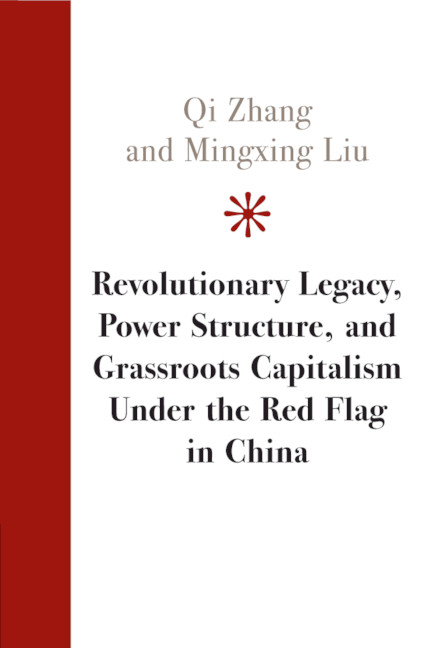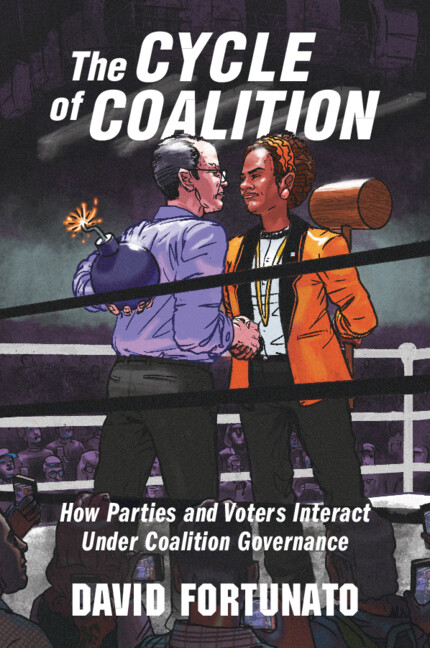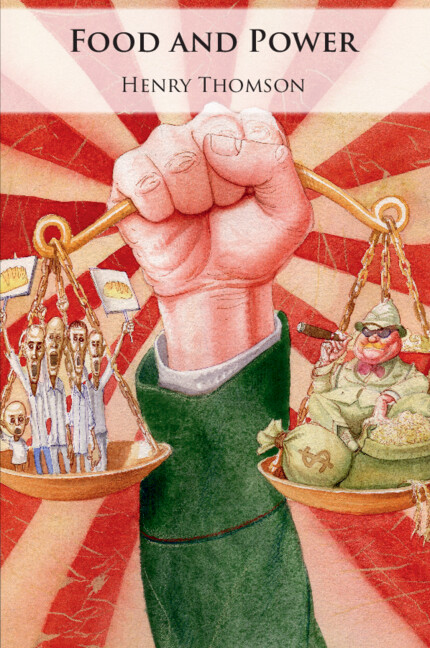Revolutionary Legacy, Power Structure, and Grassroots Capitalism under the Red Flag in China
Why do political elites in authoritarian regimes, even within the same country, engage in different levels of predatory behavior, whereby some foster vibrant capitalism and others suffocate the innovative private sector? This book proposes a theory of localized property-rights protection under authoritarianism. By combining in-depth fieldwork with archival research and quantitative data analysis, Qi Zhang and Mingxing Liu discuss the post-1949 conflicts between dominant and marginalized factions in the Chinese province of Zhejiang. These conflicts resulted in systemic vulnerabilities among the marginalized local cadres, thus motivating them to form alliances with their grassroots constituents. They therefore provided their constituents with quasi-public goods, such as property-rights protection, to increase their odds of political survival. Zhang and Liu argue that this framework can apply both to the Mao era and to the current reform era, and it also can be extended beyond China to a wider context.
- Proposes a theory of localized property rights protection under authoritarianism, appealing to those who are interested in general policy theory
- Provides a framework to judge the government-business relationship in different localities of a country, even within a province
- Combines in-depth fieldwork with archival work, quantitative data analysis, and analytical sophistication, while complex mathematical treatment is avoided
Product details
November 2020Paperback
9781108949262
364 pages
230 × 150 × 20 mm
0.54kg
9 b/w illus. 26 tables
Available
Table of Contents
- 1. Introduction
- 2. Revolutionary history in Zhejiang province and its political consequences
- 3. The dog that did not bark: grassroots resistance to socialist agricultural collectivization
- 4. United in the cultural revolution: the return of capitalism
- 5. Capitalism with Zhejiang characteristics: crossing the river by feeling for the stones
- 6. Beyond Zhejiang: the Zhejiang model versus Jiangsu province
- 7. Discussion and conclusions: rethinking the power structure, the government-business relationship, and the future of the private economy
- Appendices
- Bibliography
- Index.







